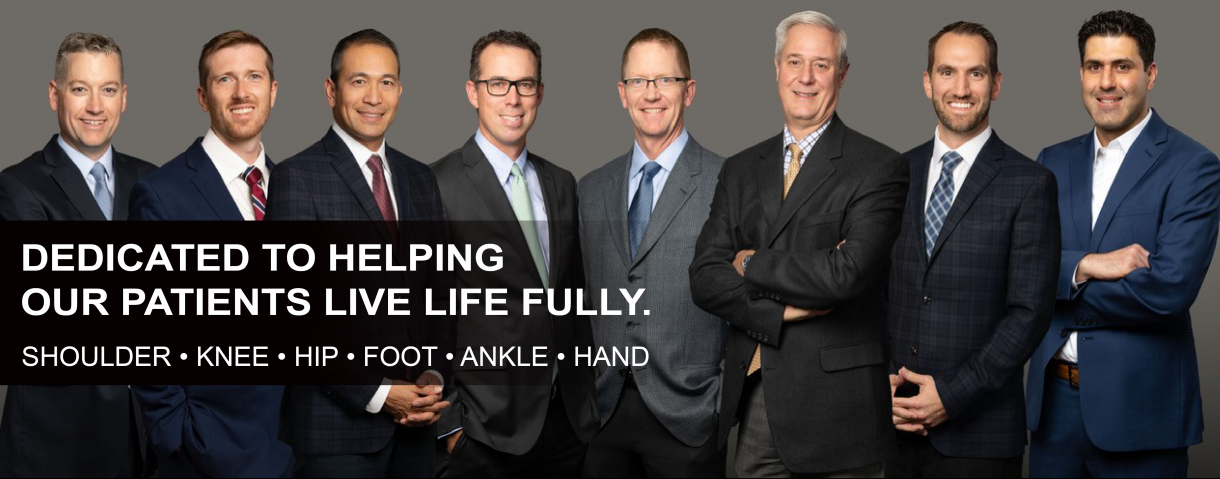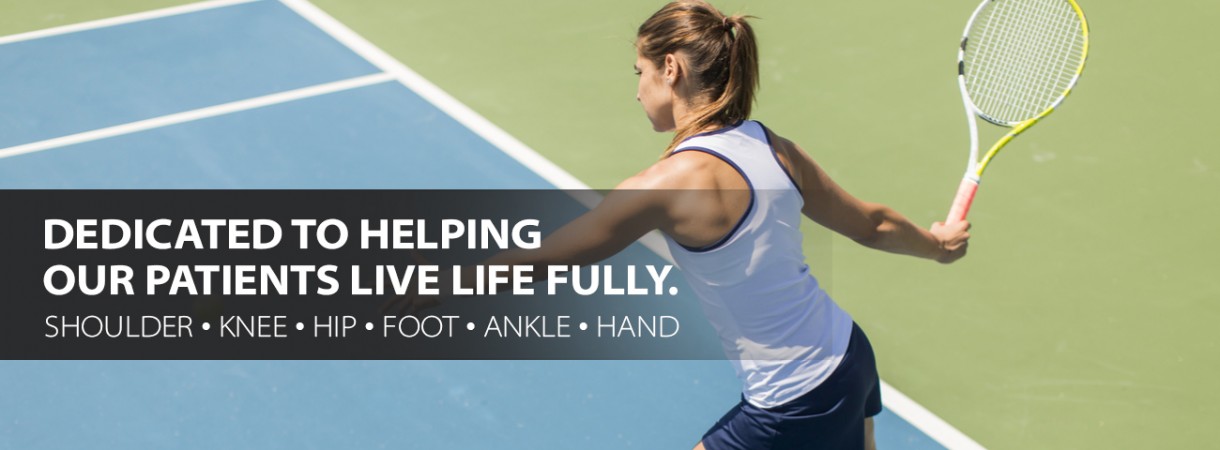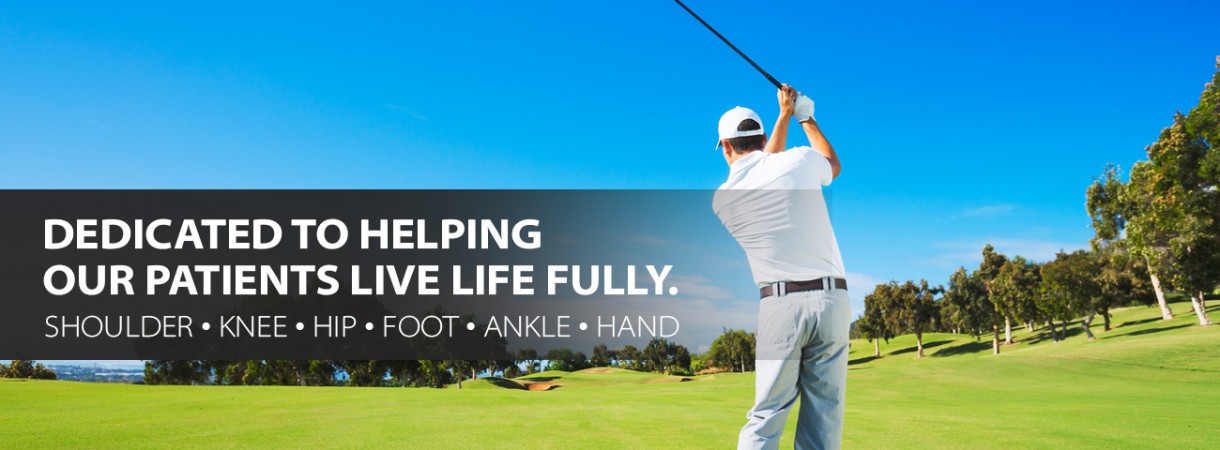It is evident that the body and the mind are connected in ways that are just now being known. Persistent orthopedic discomfort can seriously lower quality of life and make even routine daily tasks difficult. Although conventional medical procedures like medication and surgery are essential for controlling pain, complementary and alternative treatments provide other options. We will explore how mind-body techniques, such as acupuncture, massage therapy, and mindfulness meditation, can successfully treat chronic orthopedic pain in this post.
Mind-Body Approaches to Pain Management
Acupuncture: Derived from traditional Chinese medicine, acupuncture stimulates the flow of qi through the body by inserting tiny needles into certain places. Although research on the precise processes underlying acupuncture’s efficacy in pain management is ongoing, many patients report considerable alleviation from chronic orthopedic pain after receiving treatments. Acupuncture has been linked to decreased inflammation, the production of endorphins, the body’s natural analgesics, and altered central nervous system pain response, according to studies. Acupuncture treatments can also aid in relaxation and stress reduction, both of which are critical elements of comprehensive pain therapy.
Massage therapy:
Massage therapy is a broad term that refers to a range of methods used to manipulate connective tissues, muscles, and tendons in an effort to ease pain, promote flexibility, and release tension. Frequent massage therapy sessions can be beneficial for those with chronic orthopedic pain on both a physical and psychological level.
Myofascial release, deep tissue massage, and Swedish massage are a few examples of massage treatments that can help relax tense muscles, enhance blood flow, and encourage tissue repair. Additionally, the tactile stimulation of massage treatment causes the release of dopamine and serotonin, two neurotransmitters that promote emotions of well-being and relaxation.
Mindfulness Meditation: The practice of mindfulness meditation entails developing an accepting and nonjudgmental attitude toward one’s thoughts, feelings, and physical experiences. Mindfulness meditation has been demonstrated to increase pain tolerance, lessen pain-related suffering, and improve general well-being in people with chronic orthopedic pain, even though it may not immediately relieve physical pain.
People who regularly practice mindfulness meditation can learn to notice their discomfort without being overwhelmed by it. People might feel in control of their pain perception and feel empowered by adopting a non-reactive attitude toward pain. In addition, mindfulness meditation fosters emotional fortitude, stress reduction, and relaxation—all of which are helpful in the treatment of persistent orthopedic pain.
Integration and Holistic treatment: Although acupuncture, massage therapy, and mindfulness meditation have individual advantages in managing chronic orthopedic pain, their real strength is found in how well they work together as part of an all-encompassing holistic treatment strategy. People may handle pain in many ways and customize their approach to fit their specific requirements and preferences by combining diverse mind-body therapies with traditional medical treatments.
Furthermore, holistic pain management places a strong emphasis on self-care activities like consistent exercise, healthy eating, enough sleep, and stress reduction methods. A proactive, multimodal approach to pain treatment can help people minimize their dependency on drugs and intrusive procedures while also improving their general health and well-being.
Mind-body techniques for treating chronic orthopedic pain include acupuncture, massage therapy, and mindfulness meditation. Through the utilization of complementary and alternative therapies, people can get pain alleviation, better physical function, and an improved quality of life. As always, it’s important to speak with medical experts and skilled practitioners to create a customized pain management strategy that takes into account your unique requirements and objectives.
For any orthopedic questions, concerns, irritations, or general information, please do not hesitate to get in contact with our team here at Denver Orthopedic Associates.







Leave a Reply